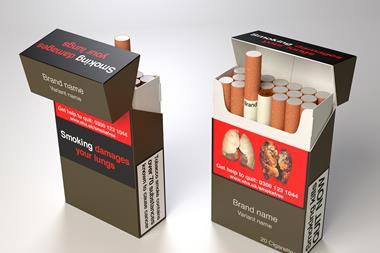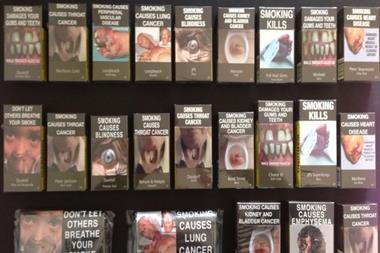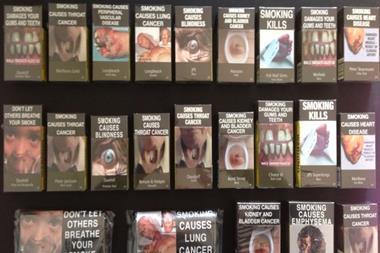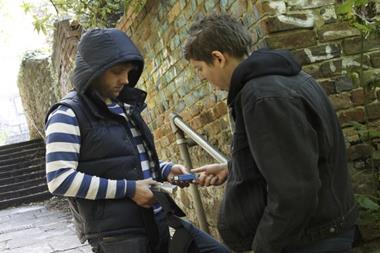A legislative bungle will see the UK tobacco industry and convenience store retailers left dangerously exposed to the illicit trade when plain packaging regulations are introduced next year.
The regulations, which were passed to the House of Lords last week, forcibly remove a key layer of protection which the tobacco industry and HMRC both use to guard against illicit sales.
The tobacco industry’s track and trace Codentify security system currently exists on all packs of cigarettes and rolling tobacco made by JTI Imperial Tobacco, PMI and BAT.
It consists of a 12 digit alpha-numeric code which provides a unique product identifier for all tobacco packs and helps to distinguish between illicit and legal product.
Challenging the regulations in the House of Lords last week, Conservative Lord Naseby said removing the key security feature could exacerbate illicit tobacco sales.
“Codentify plays a vital role in the fight against the illegal tobacco trade because it allows law enforcement officers to check. Without Codentify, it will be impossible for manufacturers to use that existing security and authentication technology.
“There is nothing worse for public health than having illicit counterfeit cigarettes floating around the market. Without a means of tracking, I do not see how we will be able to restrict illicit goods entering the market,” he added.
JTI also said the removal would leave the market “vulnerable” to illicit sales.
“This divisive legislation has been rushed through Parliament, with little regard for proper scrutiny and debate. Regulators have disregarded the results of public consultations, evidence reviews and impact assessments, not to mention the overlap with other legislation such as the ban on displaying tobacco in shops and the wide-ranging EU Tobacco Products Directive,” head of communications Jeremy Blackburn told Convenience Store.
Responding to the claims, a spokeswoman for the Department of Health said: “Codentify is a voluntary security feature developed and controlled by the tobacco industry. We know that HMRC is starting to make use of this system to assist in identifying illicit tobacco. Anti-counterfeit systems may require statutory footing to ensure compatibility with standardised packaging regulations.
“The security features required by law on existing packs of cigarettes would be present on standardised packs, including covert anti-counterfeit marks,” she added.
Removing the Codentify system will leave the UK more open to the threat of illicit sales for a period of three years: Between next year, when plain packaging is implemented, and May 2019 when the second tobacco product directive is to be introduced and a new tracking mechanism is launched.
Illicit tobacco sales are growing in the UK and accounted for 9% of the cigarette market in 2012/13 and 36% of the rolling tobacco market, according to latest HMRC figures.











![WG-4003[58]](https://d2dyh47stel7w4.cloudfront.net/Pictures/274x183/4/5/1/353451_wg400358_6083.jpg)








1 Readers' comment